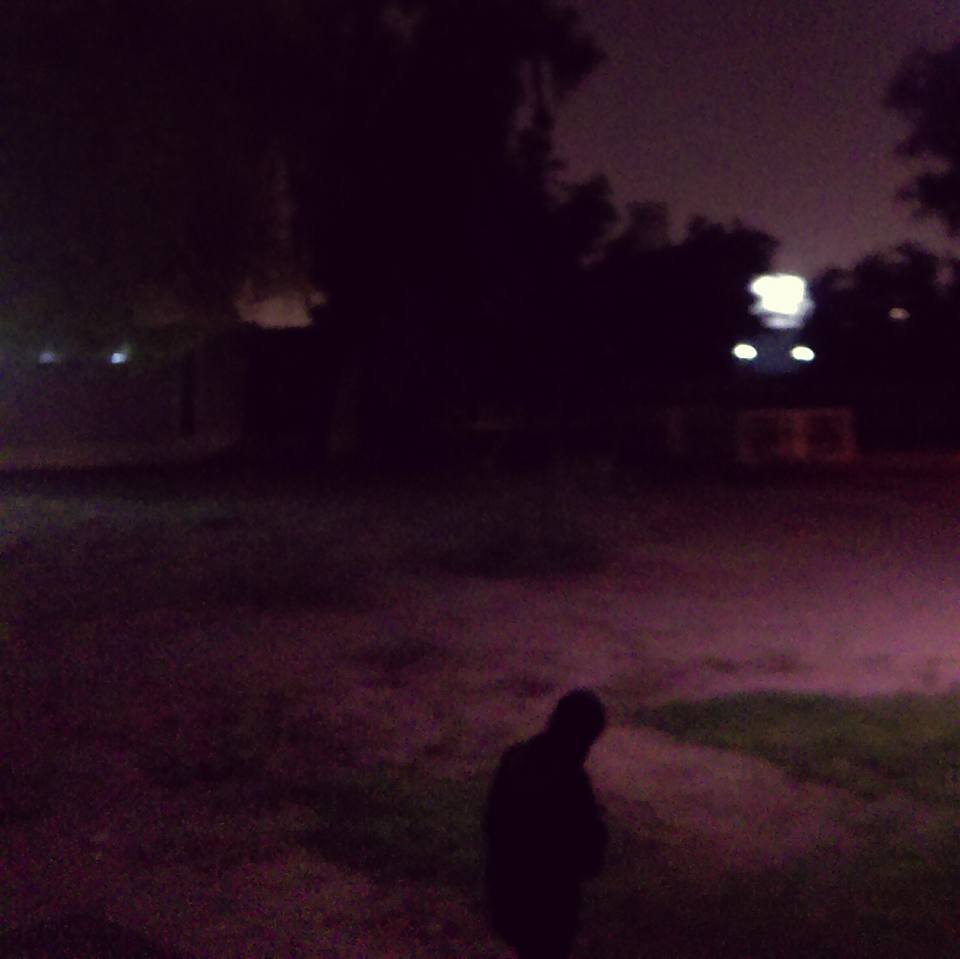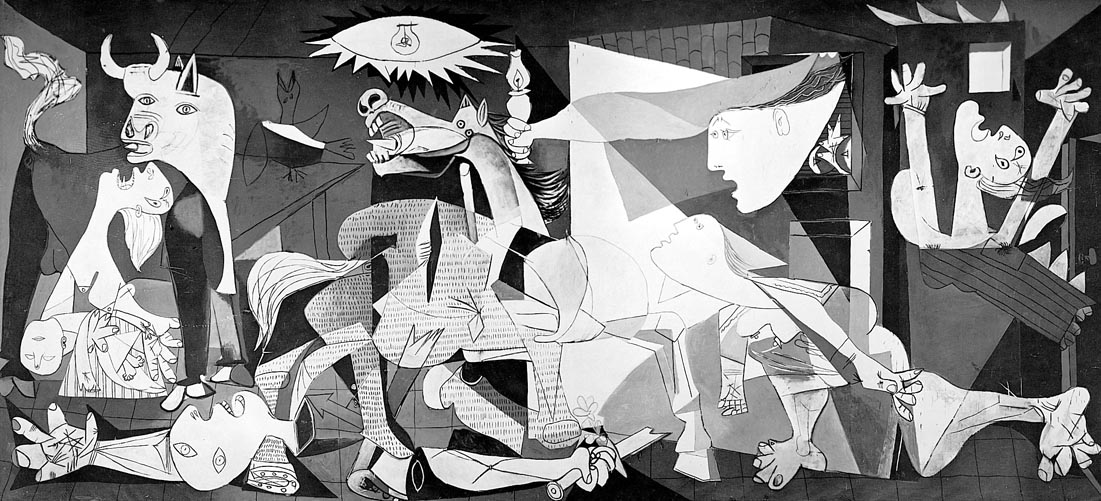I have been thinking about this since the 26th of September, although thinking is not what I have been doing. Writing this has turned into an obsession that has left it's marks everywhere in the form of fragments: notes on my diary "I want to write alot", tiny torn pieces of paper under the bed with unreadable handwriting "writghtheh?", faded ink on the inside of my palm in the morning "re", and a series of facebook messages "
9/26, 3:18pm Future poem project", "9/28, 11:15am Idea for poem to come", "9/29, 6:32pm On the poetry in the margins of used books."
I have been reading something that I haven't had written yet, a reading which I haven't had an access to, the lack of time and space has been pushing me to the margins. Today, the 12th of October, I write and I read.
Writing this is an obsession in the form of marginalia, for over two weeks I have been imitating the written words left by readers on the margins of books.
Curled on the farthest sofa in the margins of the living room, leaving marginal notes everywhere I go. Every book has margins even if they were not visible, and every reader leaves their mark. I'm only concerned with the poetic here, the elusive mystery which veils the few words which are a part of a reading that I'll never have access to. I find this specific kind of marginalia seductive, because the few marks left in pencil by previous readers are caused by layers and layers of inaccessable readings. These layers of infinite virtual and actual inaccessable readings, are marked with written notes which themselves allow for an endless number of readings. I've spent an hour trying to decode the bad handwriting on the margins of Jean Anouilh's Antigone with no avail, my eyes have become red and wrinkled from this effort made in reading, my body is marked. and my reading has become marked too.
Today, I'll read three poems which have been left on the margins of books. It may be harsh to distance the margin from the book, but an inaccessable reading has allowed this distance to happen and allowed me to exploit it for my own means.
Poema #1
 re
re
presentation
re-construction
of the message
Poema #2

I made a line under
under that I made a line
and then I made a line under
another line
Poema #3

a premise at return
a promise of return
I promise of return
I promise
I return








